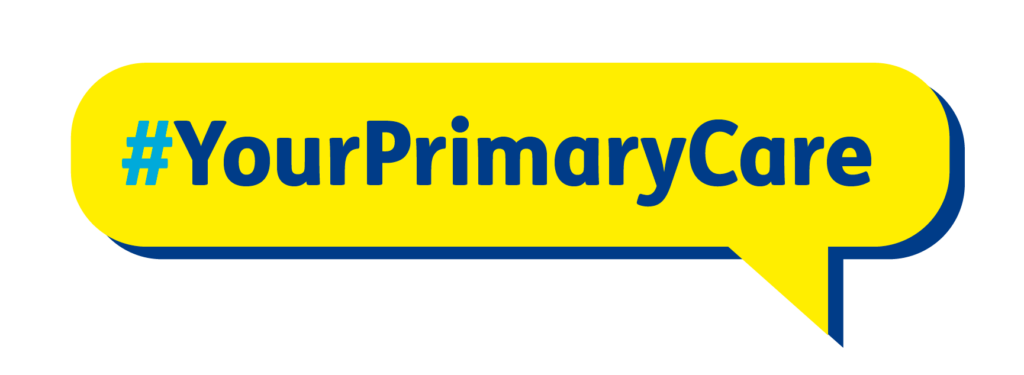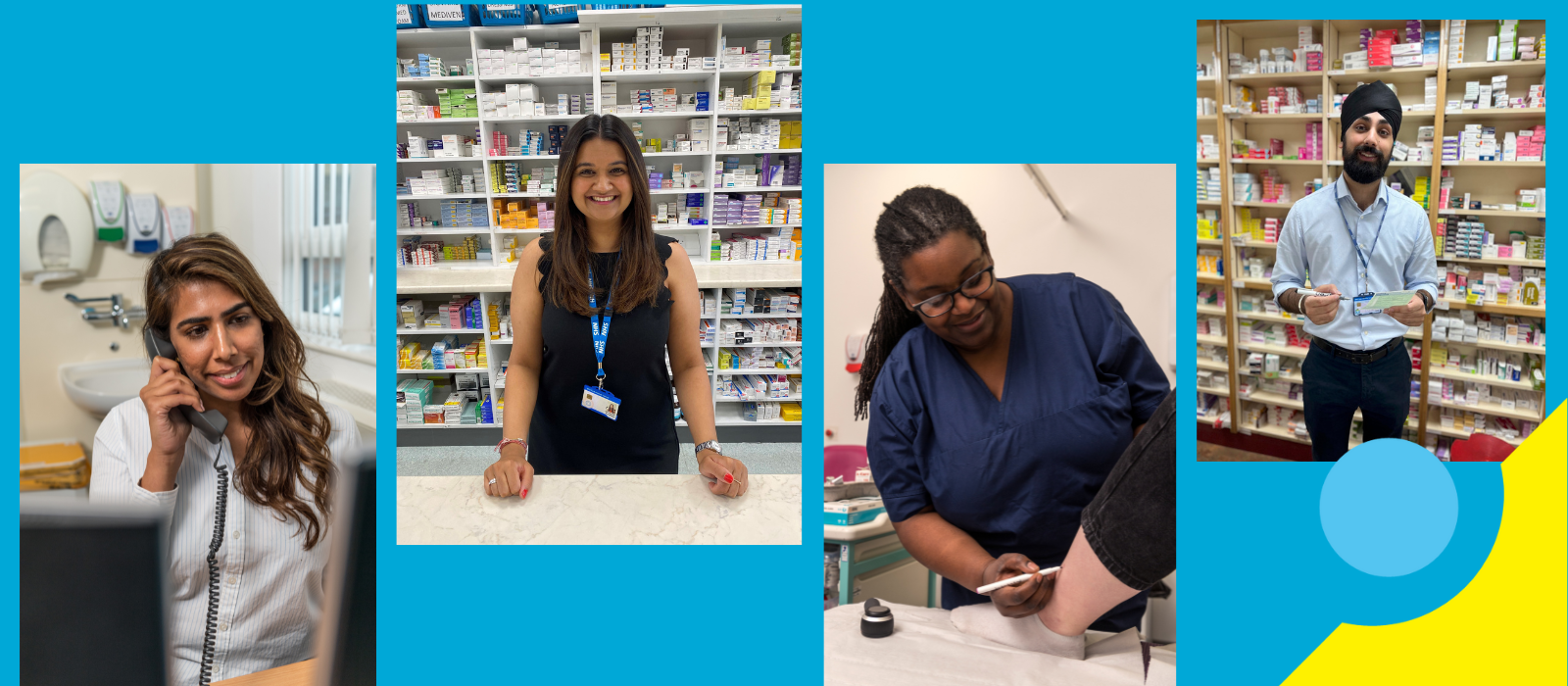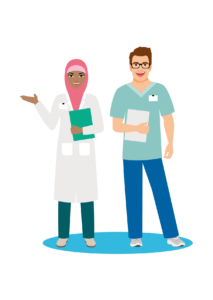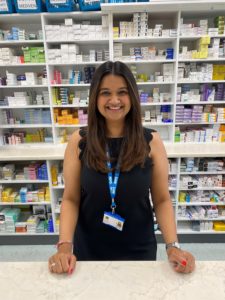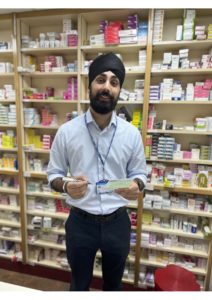Bromley hosted its first ever Spark Session at the start of February, bringing together people working across creative health for an afternoon of connection, collaboration and shared learning. The new Creative Health Collective series has been set up to spark ideas and build stronger relationships across the sector, giving people a space to explore challenges, […]
Primary care is the day-to-day healthcare available in every local area and the first place people go when they need health advice or treatment. It’s the first stop for symptoms that are new or for concerns about physical or mental health.
Primary care professionals such as GPs, practice nurses and community pharmacists, look after the basics of care, focusing on preventing illness, making diagnoses (working out what the problem is), and treating conditions that don’t need hospital care. As they’re usually the first professionals people go to see when they’re unwell or hurt, they’re considered ‘primary’ or the ‘first front door’ of the NHS.
Primary care provides an easy, accessible route to care, whatever the patient’s concern – whether it’s a common minor illness, a long term condition, or to prevent future ill-health through health checks, immunisation (injections) and screening programmes (such as cervical screening).
In the NHS, the main source of primary health care is general practice – going to see the family or local doctor at your GP surgery. GPs and their teams deal with a broad range of physical, mental and emotional problems. As well as finding out what’s causing a person’s symptoms, GPs and their teams also act on behalf of the patient as an advocate (support), making sure that people who are living with health problems get all the care they need. Depending on the health problem, patients may be referred (passed on) by a primary care clinician to hospital or to another specialist.
